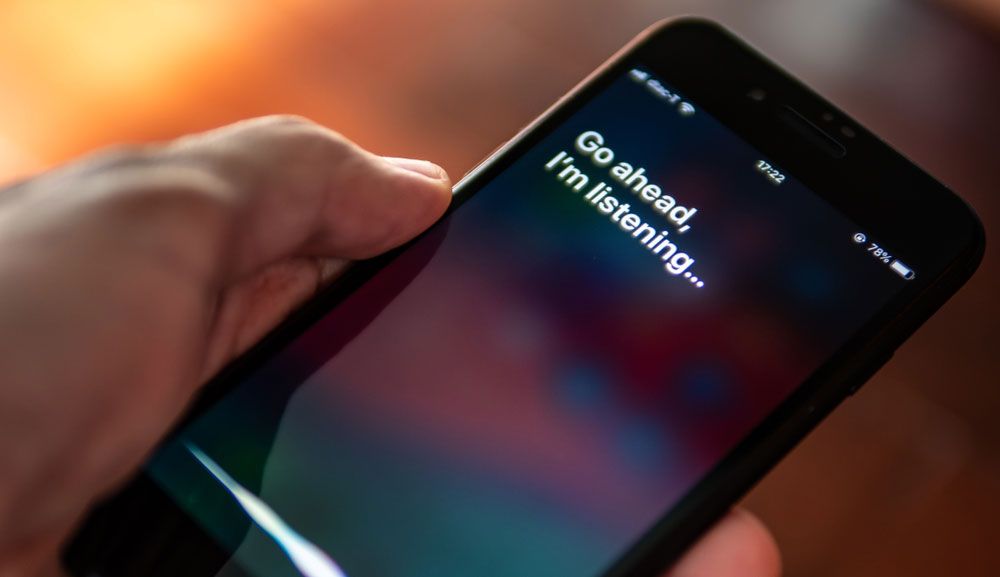The recent High Court decision in favour of Stability AI regarding Getty Images copyright infringement lawsuit was “largely not a surprise”, according to tech specialist lawyer Matthew Holman.
This week, London-based generative AI group Stability won a landmark case over the legality of it using copyrighted data in its training process.
While seen as a blow to many copyright holders, who are now concerned that AI companies will be able to use whatever IP they like to train their models, the decision did not come as a shock to Holman, a partner at the law firm Cripps.
Holman pointed out that the UK government has expressed its intention to “permit AI developers to train on proprietary material unless the rights holder opts out” and while it has not yet put this into law, it is currently working on a consultation on the matter.
The case can be seen as a landmark decision, however, Holman notes this is “just the beginning of the complex picture in the battle between AI model developers and copyright holders”.
He said: “The international perspective remains equally complex, with the significant case of New York Times v OpenAI – which is about very similar underlying facts to the Getty Images case – in all likelihood to be concluded next year.”
Ed Newton-Rex, a former senior employee of Stability AI, now chief executive of fair AI in copyright practices non-profit Fairly Trained, described the court’s decision as “highly disappointing”.
“Law is clear: something is an infringing copy if you import it into the UK and “its making in the UK would have constituted an infringement of the copyright in the work in question”. That is clearly the case here,” he said.
“The case is obviously limited in scope, as the primary infringement claims were dropped because Getty couldn’t prove that development happened in the UK. But it’s still disappointing, and I hope it will be appealed.”
Read more: Most generative AI models likely ‘illegal’, says former Stability VP









